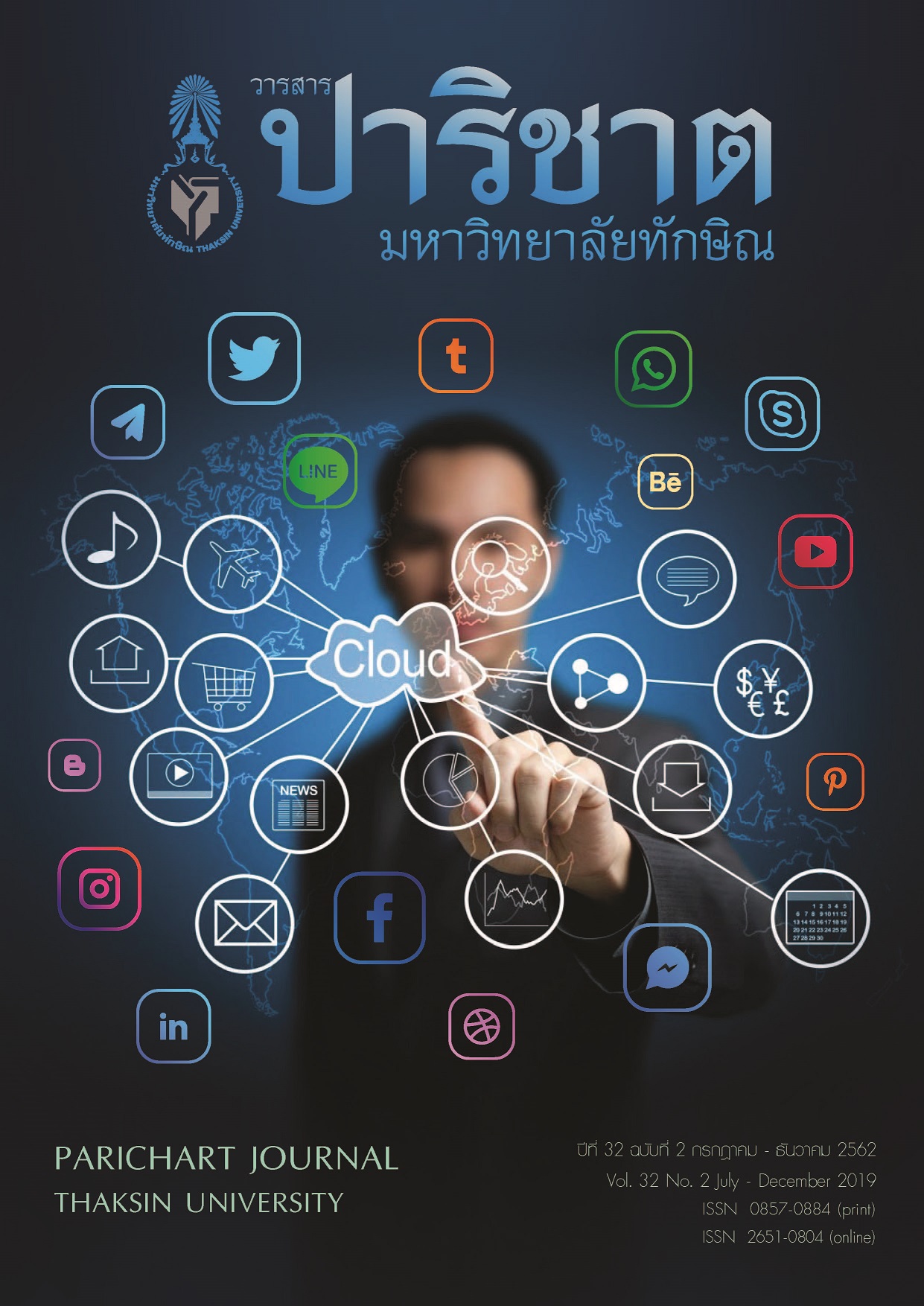The Power of Space and Time: A Case Study on the Success of President Ho Chi Minh
Main Article Content
Abstract
This article is intended to study about the influence of space and time on the success of President Ho Chi Minh of Vietnam. It used the documentary research method, dividing into three main stages. The first one is the data collection stage of which the researcher had collected data related to the power of space and time, as well as their influence on the success of President Ho Chi Minh. The second one is the data analysis stage, and the third one is the data presentation stage. The result indicated that the success of President Ho Chi Minh is because he was born at the right time, in addition to several kinds of bravery conducted by him that were proper to the time and in conformity with the situations in each period. This can be clearly seen from the time when President Ho Chi Minh founded Vietnamese political party in 1930; when he returned to his country to manage the Vietnamese revolutionary movements in 1941; and when President Ho Chi Minh established the Democratic Republic of Vietnam in 1945. The influence of space to the success of President Ho Chi Minh is also indicated from his decision to engage in political movement in France in 1911; his choice to stay in Siam to spread patriotism to Vietnamese from 1928-1930, including his decision to live in the mountainous area in the north of Vietnam in 1941.
Article Details
References
[2] Thang, M. Q. (2010). Ho Chi Minh: A man for a new life. Hanoi: National Political Publishing House. (In Vietnamese).
[3] The Royal Institute of Thailand. (2013). Thai dictionary by the Royal Institute 2013. (2nd ed.). Bangkok: Nanmeebooks Publications. (In Thai).
[4] Dokbua, F. (2012). Indian philosophy. Bangkok: Siam Parithas Publishing. (In Thai).
[5] Collins. (2009). Collins cobuild advanced dictionary. Singapore: Seng Lee Press.
(In English).
[6] Tzu, S. (1910). The art of war (L. Giles, Trans). UK: A Puppet Press Classic. (In English).
[7] Freke, T. and Gandy, P. (2008). The Hermetica: The lost wisdom of the Pharaohs
(K. Attagara, Trans). Nonthaburi: Amarin Printing and Publishing. (In Thai).
[8] Yogananda, P. (2011). Autobiography of a Yogi. Nonthaburi: Amarin Printing and Publishing. (In Thai).
[9] Sathiankoset - Nakapratheep. (2008). Hitopadesa. Bangkok: Siam. (In Thai).
[10] Yaemnatda, S. (2547). Indian tales. Bangkok: Parbpim Printing. (In Thai).
[11] Praphananda, S. and Manchester, F. (2010). Upanishads (K. Attagara, Trans). Nonthaburi: Amarin Printing and Publishing. (In Thai).
[12] N.M.S. (2000). The tales of Vetala. Bangkok: Bangkok Book. (In Thai).
[13] Guanzhong, L. (2005). The romance of three kingdoms (B. Taylor, Trans). USA: Silk Pagoda. (In English).
[14] Ch’êng-ên, W. (1970). Monkey: Folk novel of China (A. Waley, Trans). New York: GrovePress. (In English).
[15] Cambell, J., & Moyers, B. (2008). The power of myth (B. Boonsong, Trans) (2nd ed.). Nonthaburi: Amarin Printing and Publishing. (In Thai).
[16] F. W. Murnau. (Director). (1927). Sunrise: A song of two humans [Film]. Hollywood, California: 20th Century Fox. (In English).
[17] Khunudom, W. (n.d.). President Ho Chi Minh. Nonthaburi: Institute of Social Sciences. (In Thai).
[18] Thanh, S. (2010). The biography of Ho Chi Minh. Hanoi: National Political Publishing House. (In Vietnamese).
[19] Duan, L. (1969). Special documents about President Ho Chi Minh’s funeral. Hoa Binh: Hoa Binh Printing. (In Vietnamese).
[20] Khoan, N. V. (2005). Uncle Ho in Siam. Ha noi: National Political Publishing House. (In Vietnamese).
[21] Anantasant, S. (2000). A comparative study of tale type 510: Cinderella in the western and the eastern societies (Research report). Bangkok: Ramkhamhaeng University. (In Thai).
[22] Hang, T. T. (2010). Vietnamese folktales: An analysis of Axel Olrik’s rule (Master’s thesis). Naresuan University, Phitsanulok. (In Thai).

